New Zealand embraces and promotes its indigenous peoples’ heritage and culture (although, it was not always this way). As part of this acknowledgment, a Maori Festival , exploring its history and contemporary culture, is held annually during the “Auckland Anniversary Weekend.” This three day free event along the waterfront exhibits the music, games, crafts, workshops, and storytelling of the nineteen “Iwi” (tribal groups) of New Zealand. The Maori ( which means “normal”, “natural”, or “ordinary”) were indigenous peoples of Eastern Polynesia who traveled to what is now New Zealand in several waves between 1250 and 1300 - with the peak being around 1280. The original population of Polynesia was thought to have been Taiwanese aboriginals who explored the Pacific approximately 5200 years ago. The early Maori of New Zealand formed tribal groups based upon Eastern Polynesian social customs and organizations, including a prominent warrior culture. With the arrival of the Europeans during the 17th century, tremendous changes occurred within the Maori’s way of life. In the beginning, these two diverse cultures appeared to get along. The 1840 Treaty of Waitangi showed that the two could exist together in the new British colony. However, in the 1860’s, disputes over land sales led to increasing conflicts and eventually the “New Zealand Wars.” Most of the lands confiscated by New Zealand during these wars were later returned to the Maori, or compensation made. Since the end of the New Zealand Wars, a growing acceptance of the Maori culture has developed.
For centuries, the Maori have had a great love and respect for the fertile lands of their ancestors, believing that the earth is the giver of all life. This weekend festival explores those beliefs and attempts to promote further harmony among all the peoples of New Zealand.
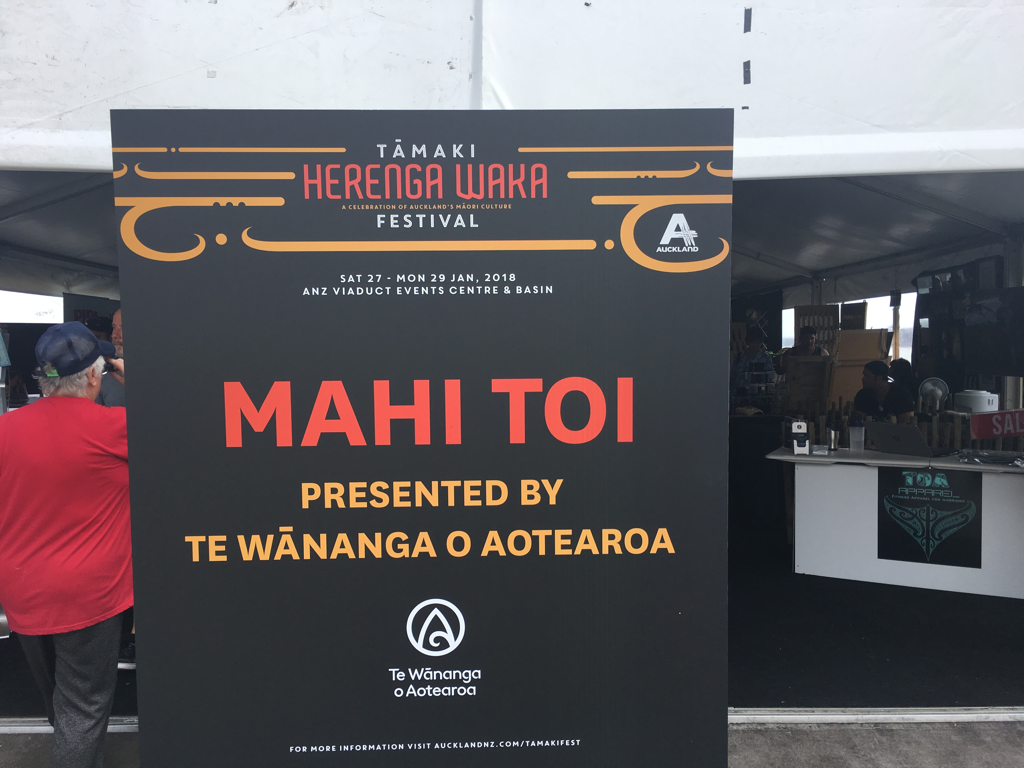
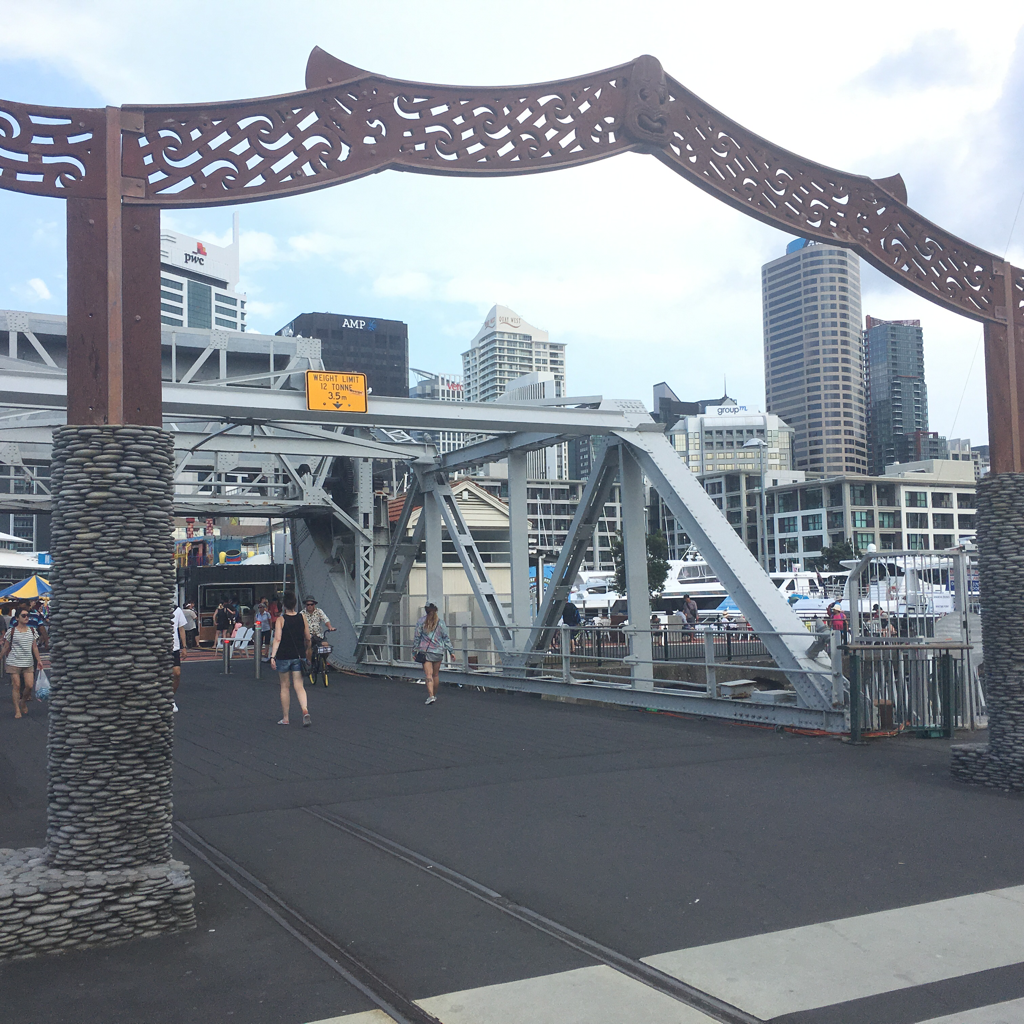
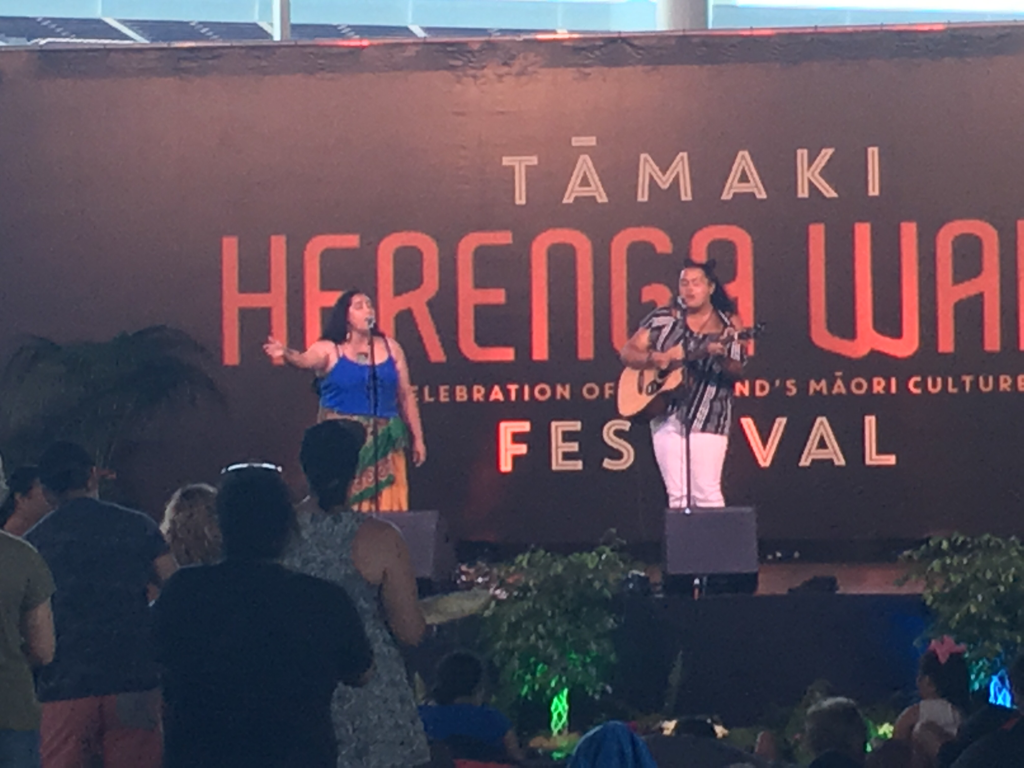
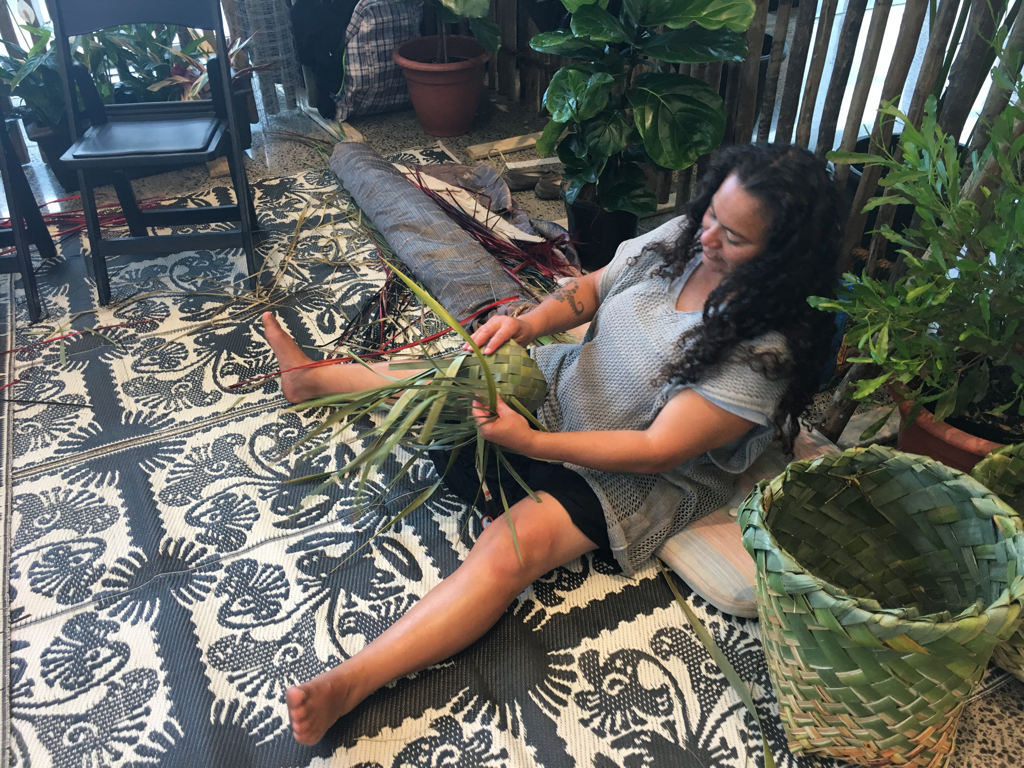
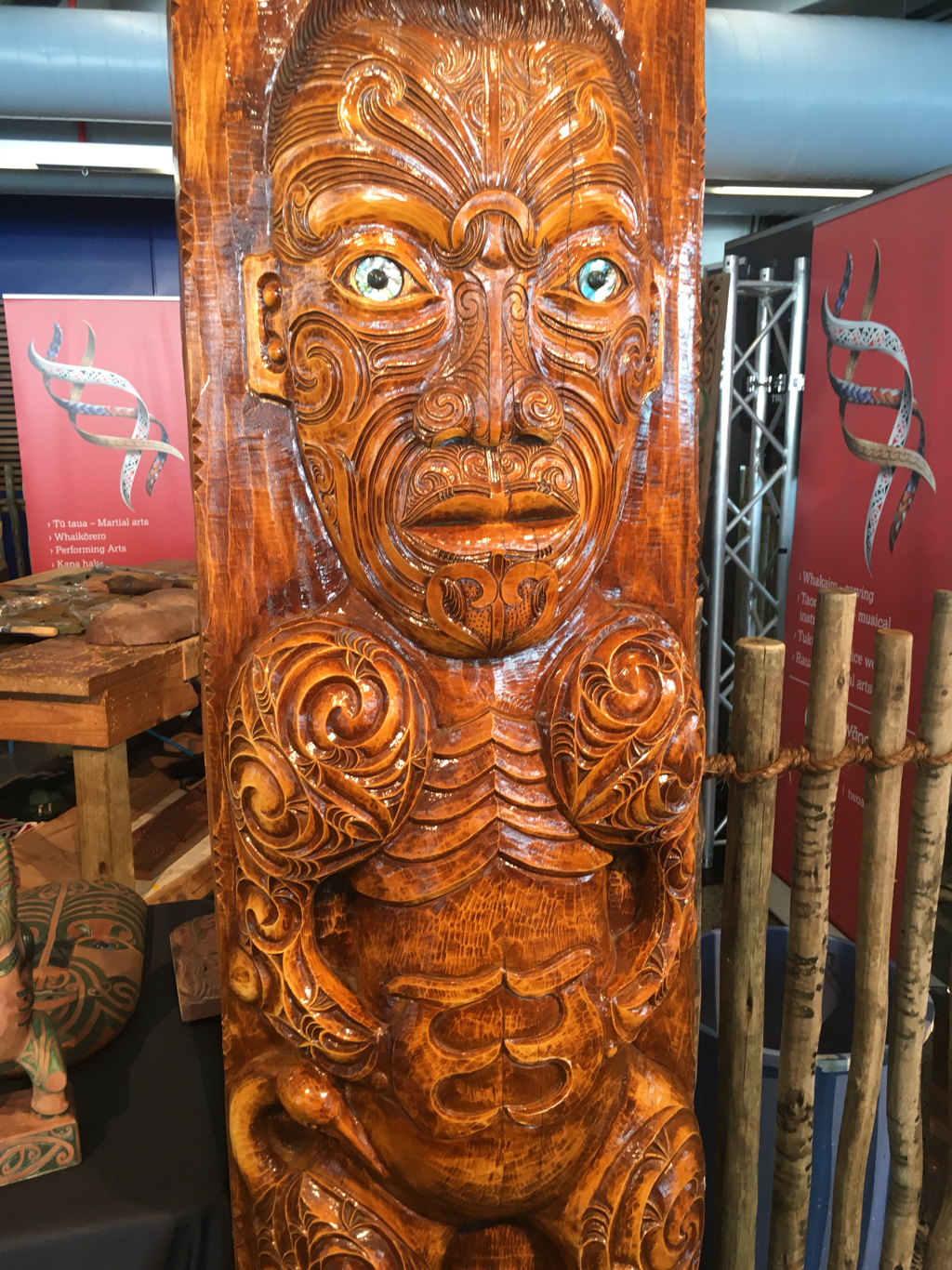
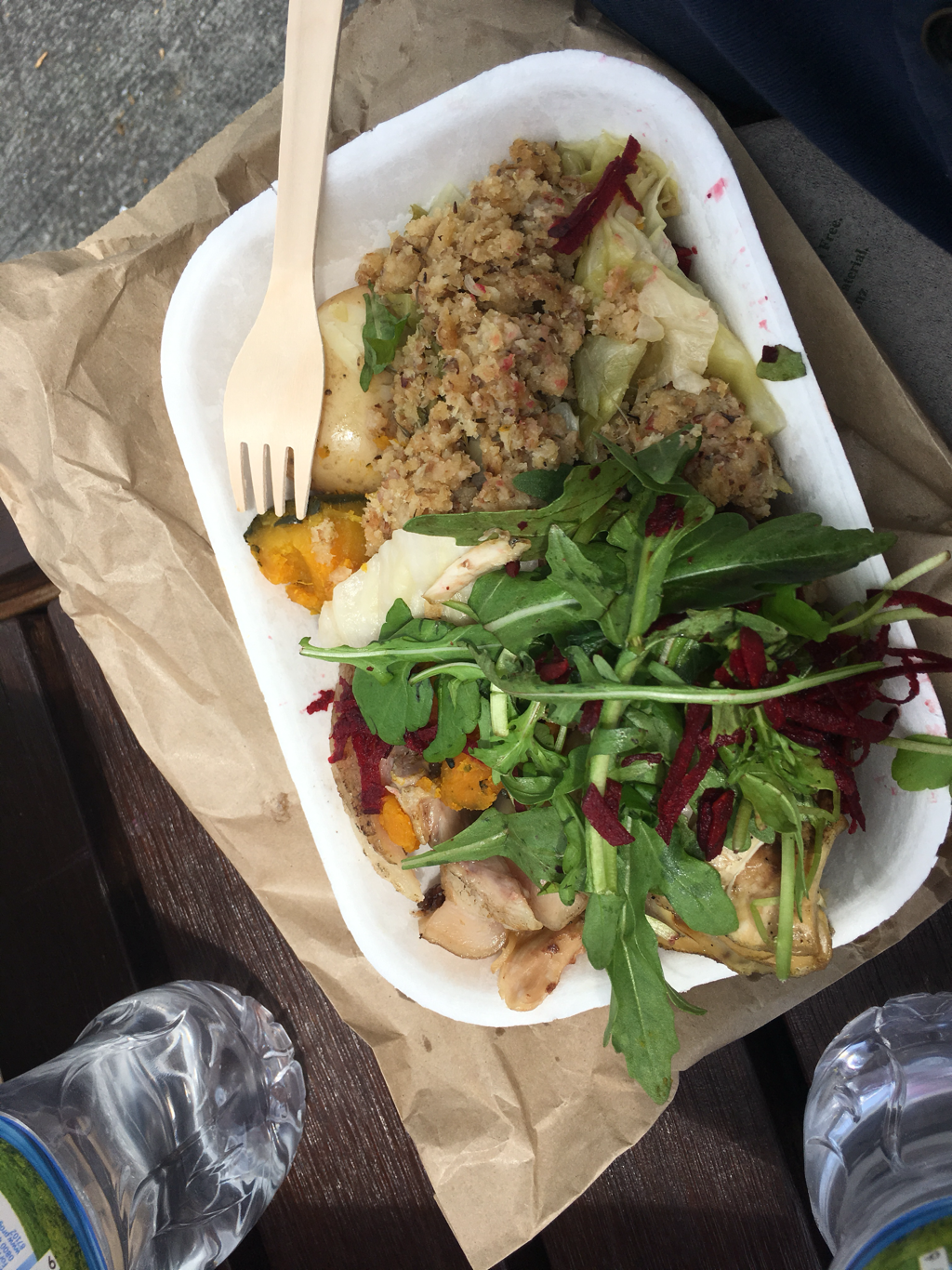
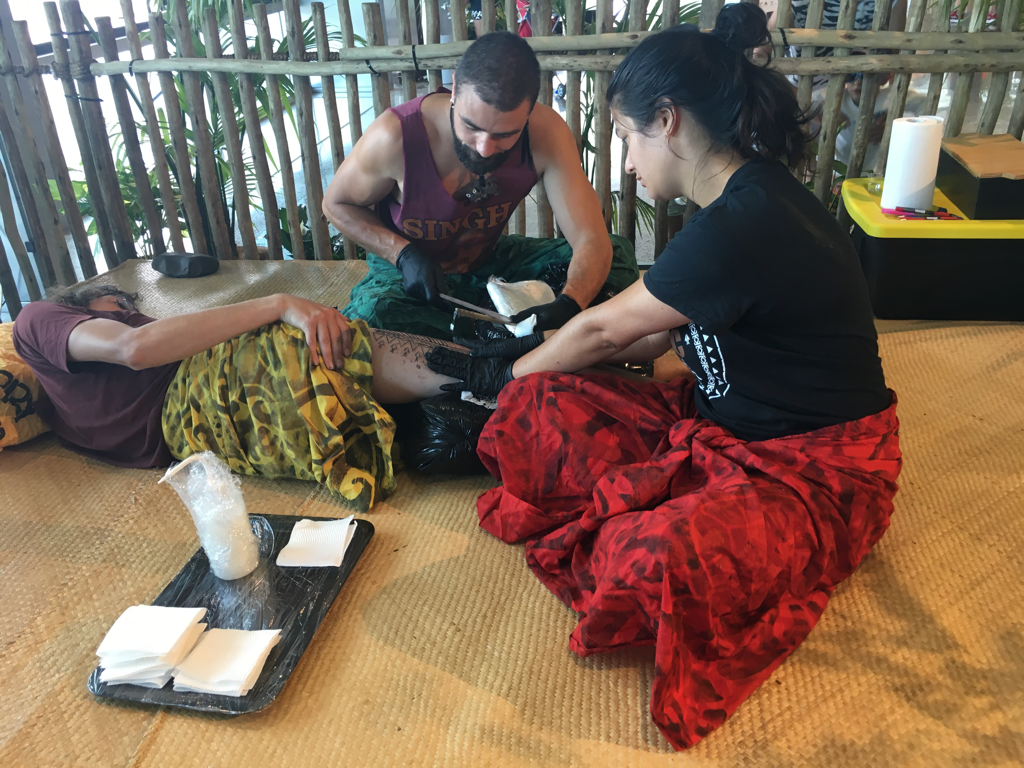
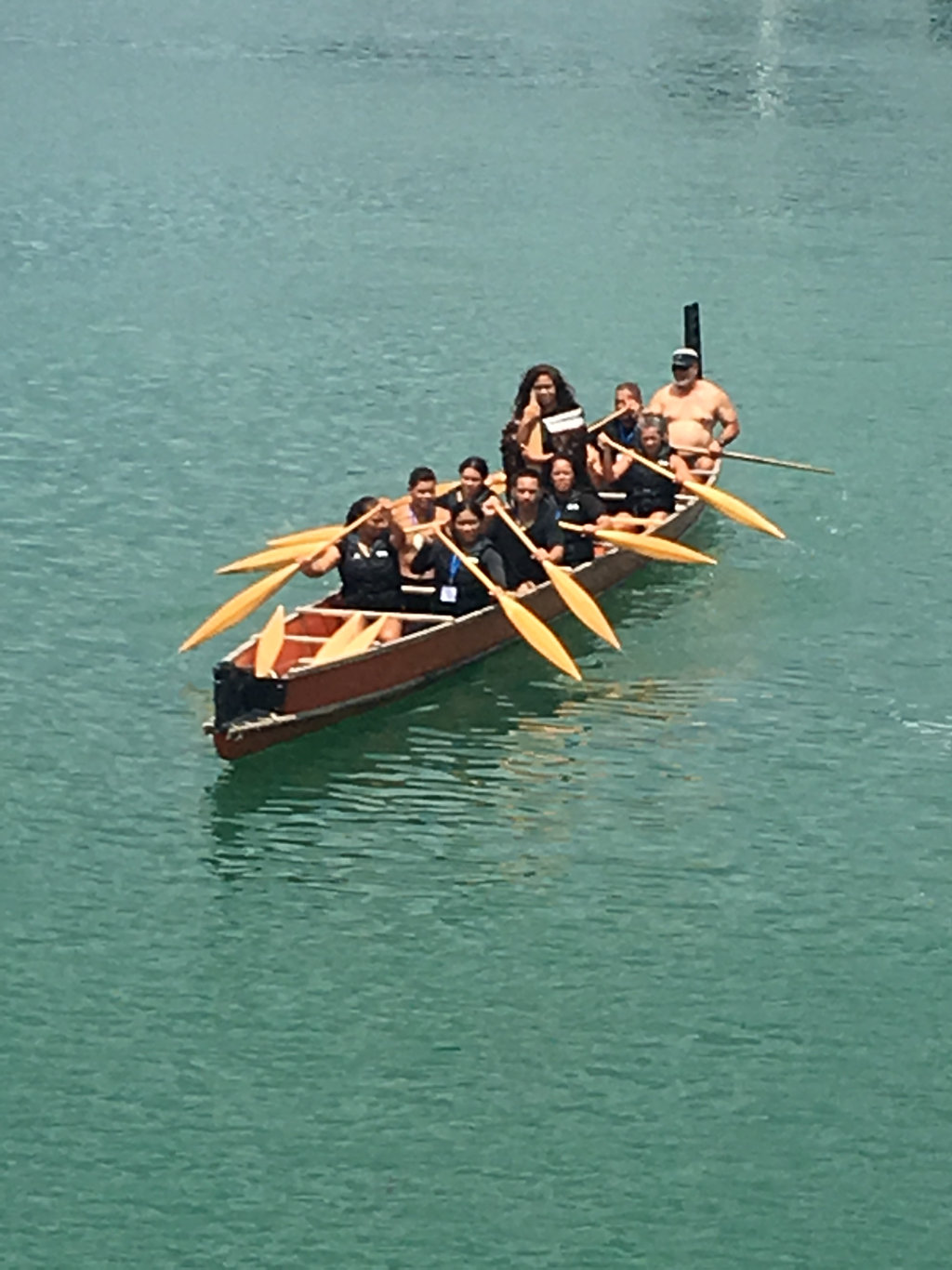
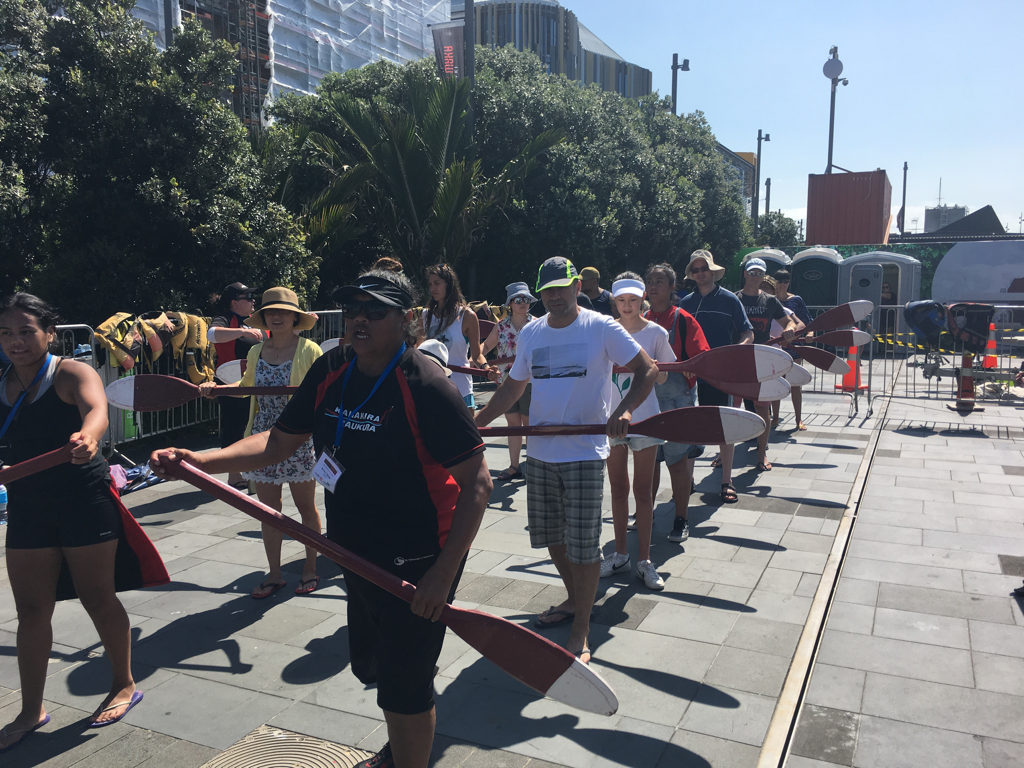
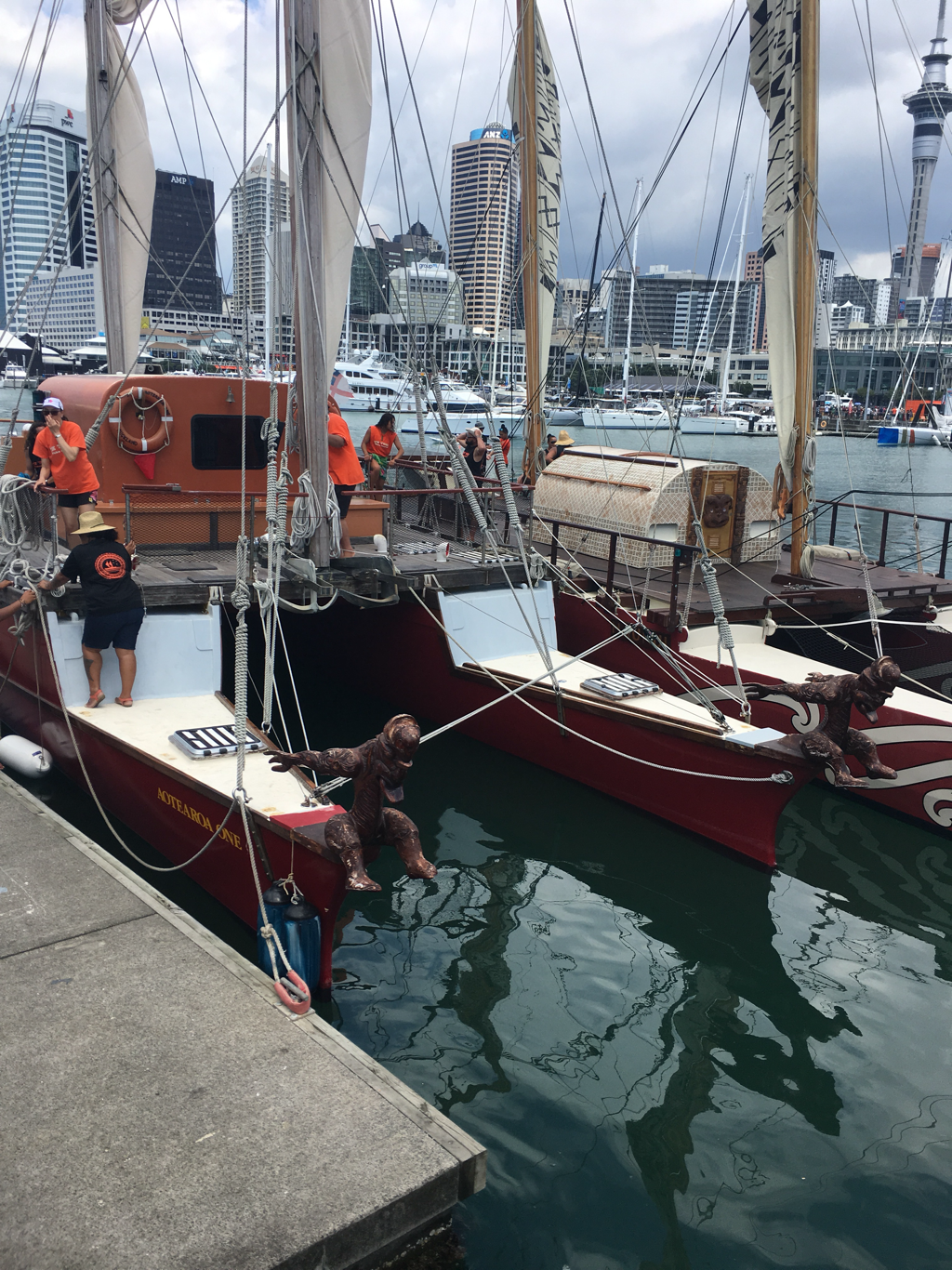
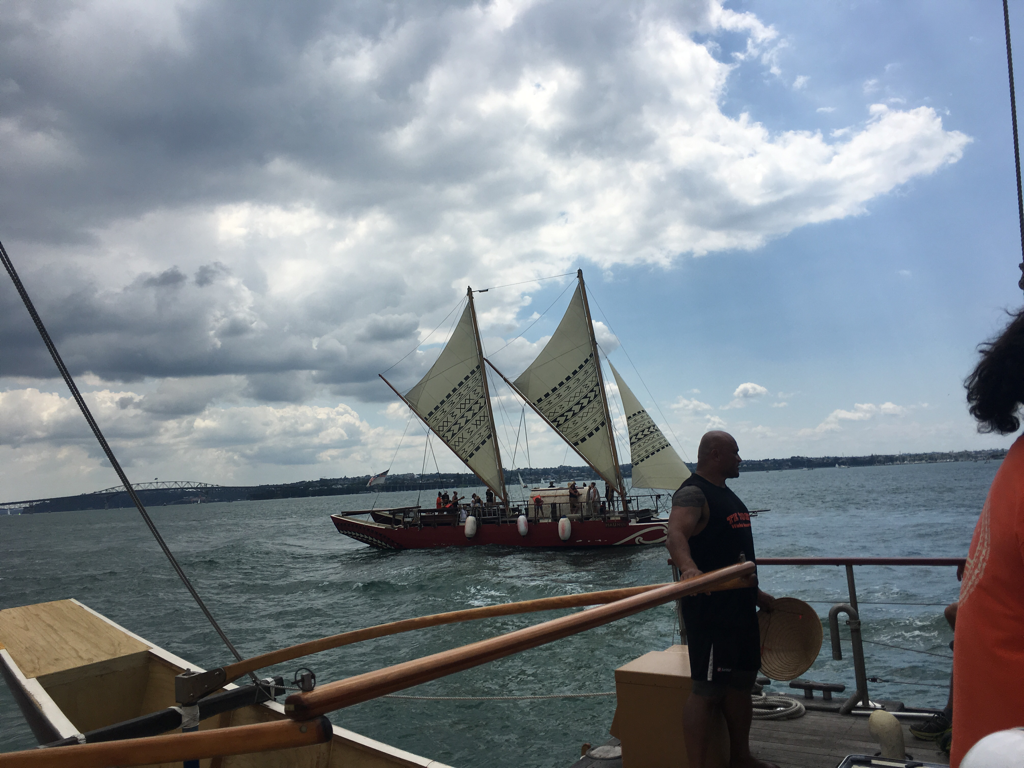
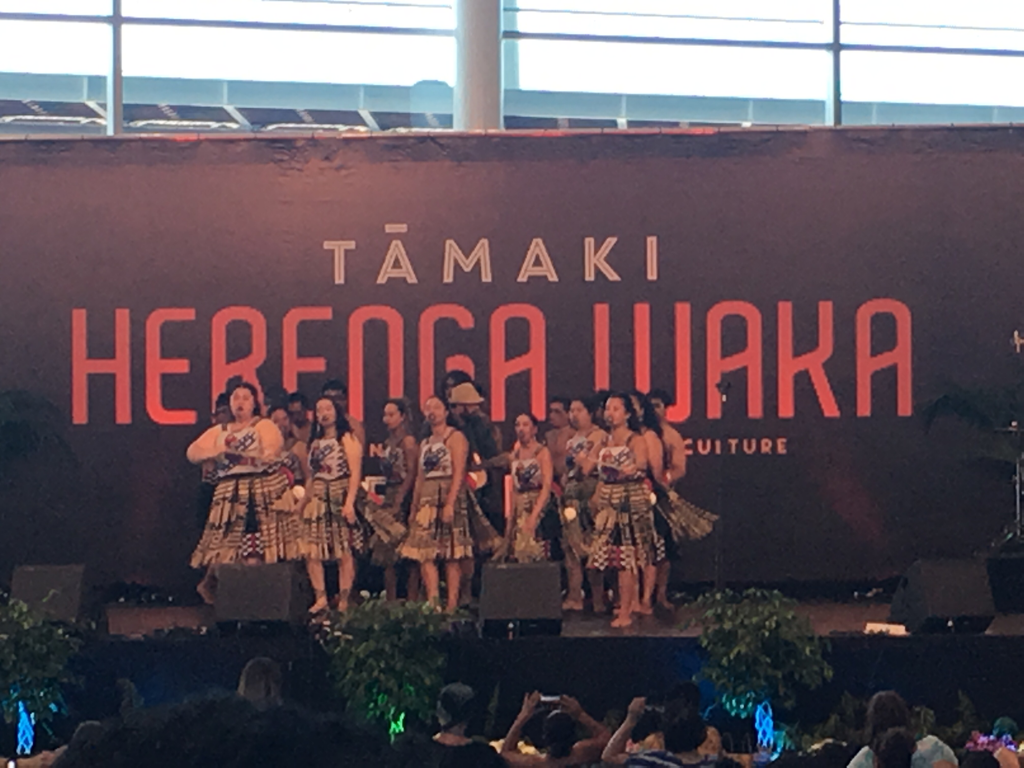
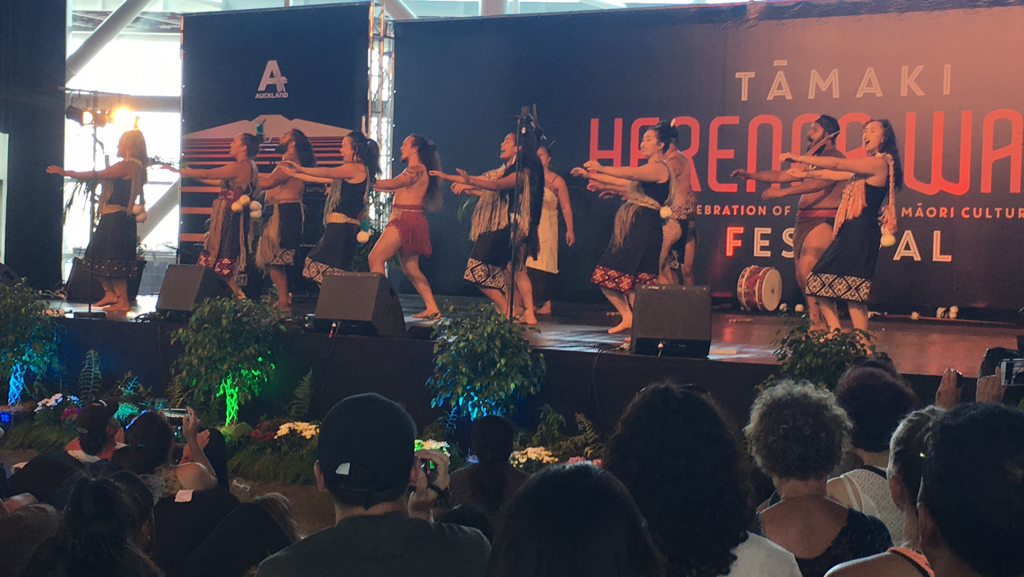
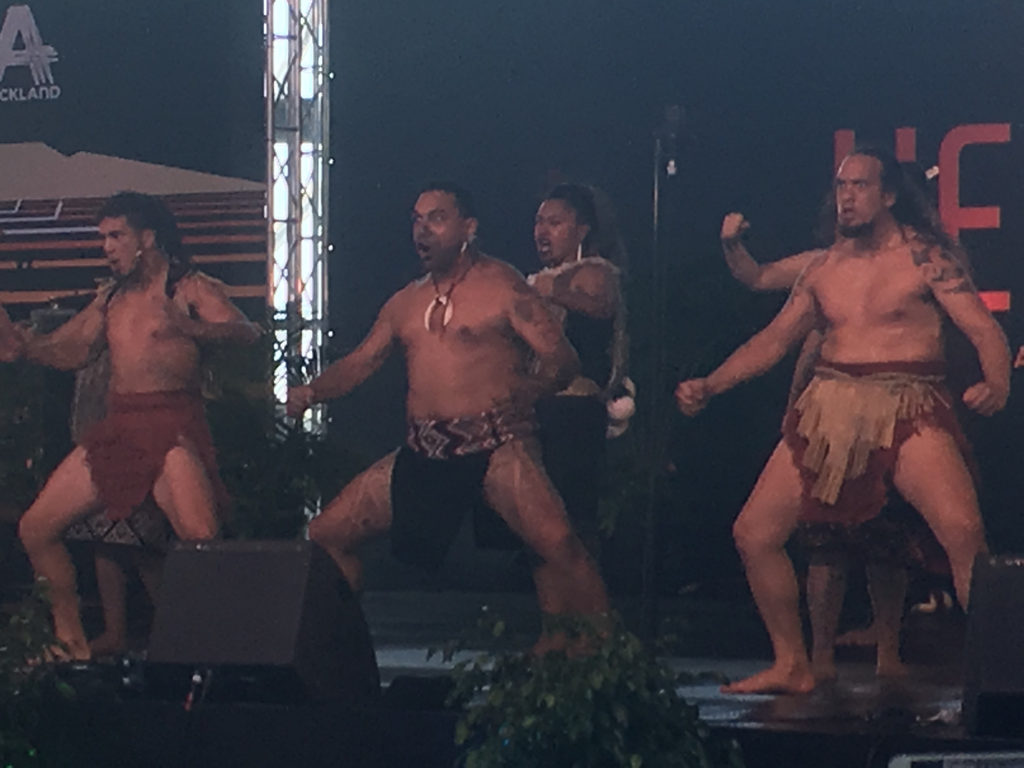
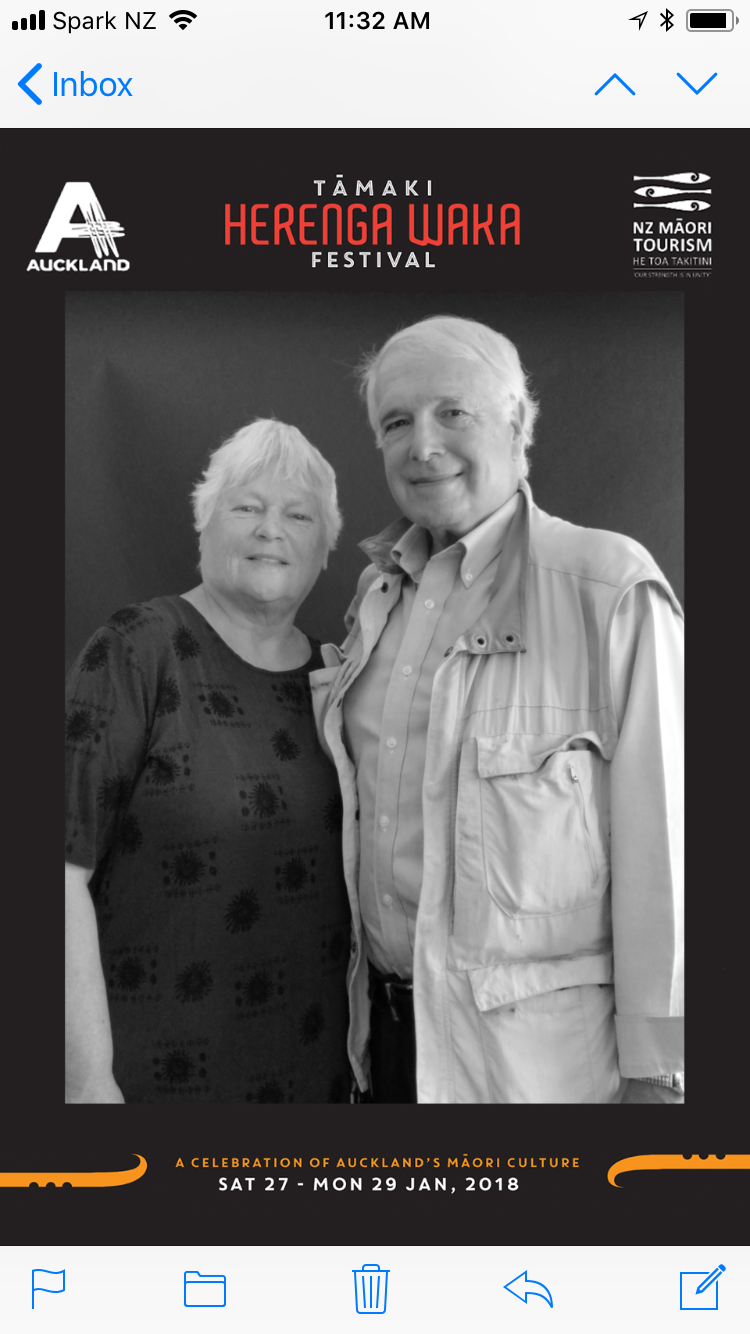
 RSS Feed
RSS Feed
